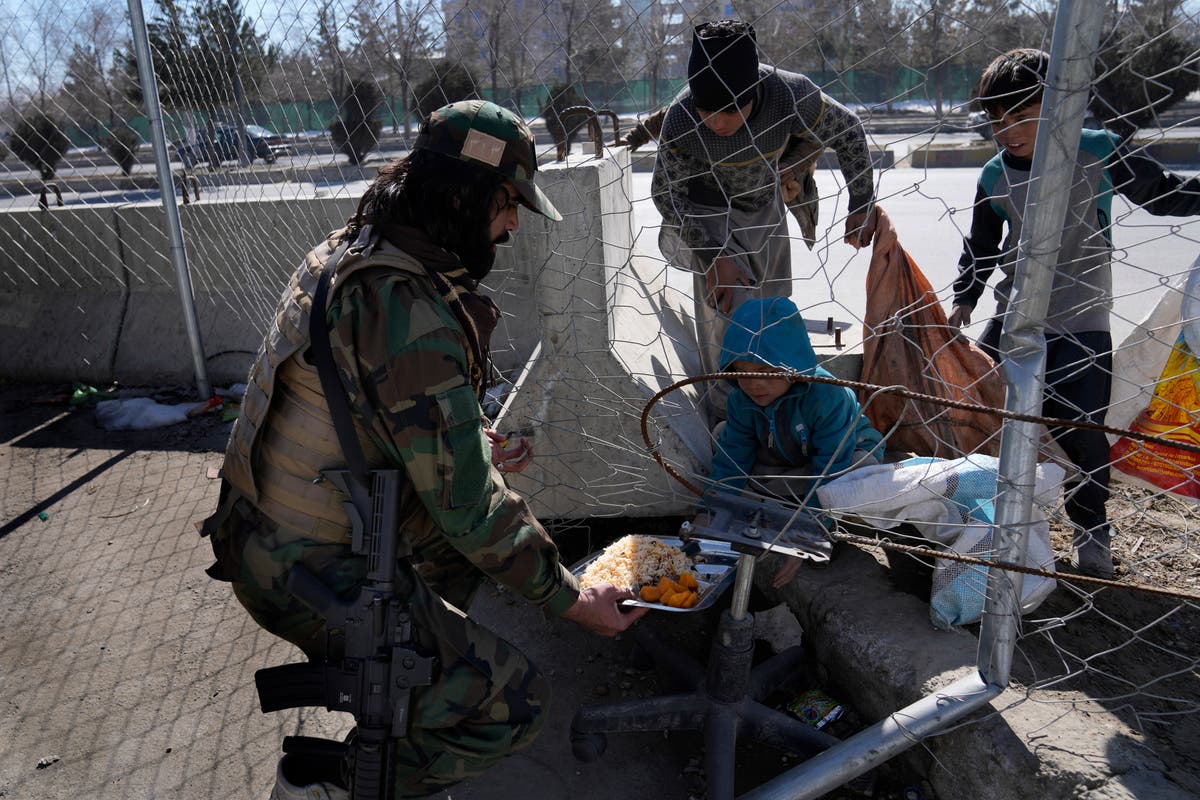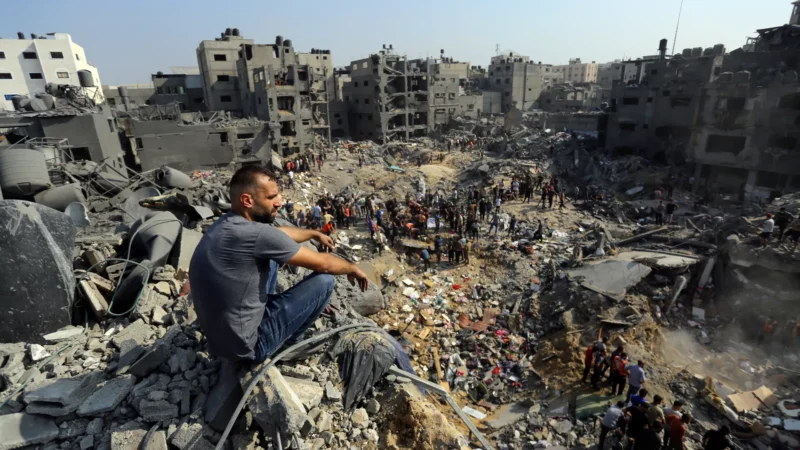Swiss group: Taliban make pledges on education, aid workers

Organizers of a closed-door conference in Switzerland attended by envoys from Afghanistan s Taliban leadership said Friday that the delegation pledged to safeguard humanitarian aid workers, facilitate education for all Afghans and to promote environmental protections.
The humanitarian foundation Geneva Call invited a delegation to the Swiss city this week to discuss international aid, the safety of civilians, respect for health care, the landmines and explosives left behind from decades of war in Afghanistan, and other issues.
The envoys, led by the Health Ministry under the Islamic emirate, also met with diplomats and groups like the World Health Organization and the International Committee for the Red Cross, which have their headquarters in Geneva.
After meeting with members of the Afghan delegation on Thursday, Raphael Naegeli, the head of the Asia-Pacific division of Switzerland’s Federal Department of Foreign Affairs, said they “realized that they must take the first step” and had shown an interest “to create a dialogue with the international community.”
Naegeli said Switzerland — like many countries — was looking for actions, not words, from the Taliban. A key question after the visit was whether the commitments made in Geneva would be applied in Afghanistan, he said.
Many rich Western countries that were longtime donors to Afghanistan under the internationally recognized government the Taliban ousted in August have demanded commitments from the new leadership on issues like the protection of women’s rights and education for women and girls.
Geneva Call said the envoys signed a conference statement and “declared” commitments in five areas: humanitarian aid, health care, education, explosives, and environmental and cultural protections.
“This conference and statement represent a step towards enhanced protection of civilians in Afghanistan, acknowledging that needs are dire and that increased support and collaboration is needed to alleviate the suffering of the Afghan population,” the group said.
A collapsed banking sector and cash crunch, fallout from the COVID-19 pandemic and drought have compounded the dire economic circumstances facing the Taliban leadership, which does not have diplomatic recognition through U.N. institutions.
In its humanitarian response plan for Afghanistan issued last month, the United Nations’ aid coordination agency said over 24 million people — or over half the country’s population – were in humanitarian need. The country now has the world’s highest number of people facing emergency food insecurity, the U.N. agency said.






